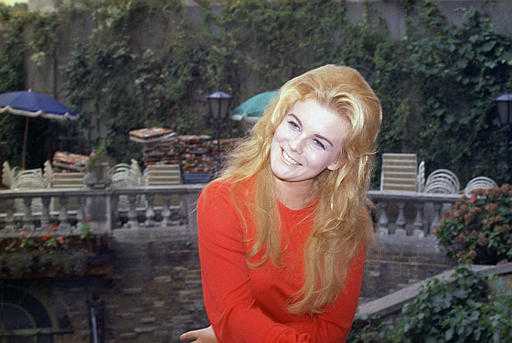In Jenkins v. Georgia, 418 U.S. 153 (1974), the Supreme Court overturned the conviction of a movie theater manager who had been prosecuted for showing a film deemed obscene by local and state authorities. The Court’s decision affirmed two fundamental principles of obscenity law: the First Amendment allows states great latitude in how they define “contemporary community standards,” and material with nudity and sexual themes alone is not obscenity.
Theater manager convicted of distributing obscene movie
Billy Jenkins, a theater manager in Albany, Georgia, was convicted of distributing obscene material by showing Carnal Knowledge, a movie that contained nudity and discussed sexual themes. The Georgia Supreme Court affirmed his conviction by a 4-3 vote; however, the U.S. Supreme Court unanimously reversed.
Court overturned conviction
The Court’s decision in Jenkins v. Georgia, issued the same day as its ruling in Hamling v. United States (1974), was based on obscenity guidelines issued the previous year in Miller v. California (1973). Writing for the Court, Justice William H. Rehnquist agreed with the state — and the finding in Miller — that jurors did not have to be instructed that community standards must meet a hypothetical state standard.
However, Rehnquist reasoned that the movie was not obscene because it did not depict sexual activities in a “patently offensive way.” He added that “nudity alone is not enough to make material legally obscene under the Miller standards.”
Concurring, Justice William J. Brennan Jr. expressed his continued dissatisfaction with the Miller test and obscenity prosecutions involving consenting adults — a position he first adopted in dissent in Paris Adult Theatre I v. Slaton (1973).

